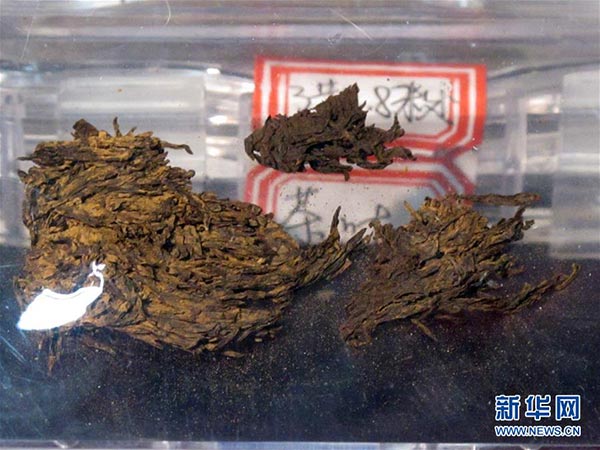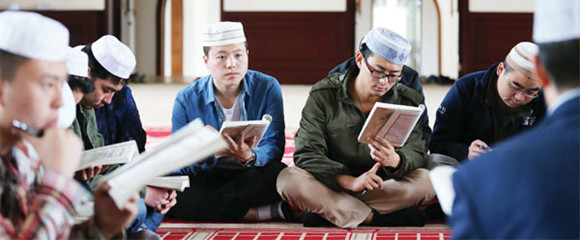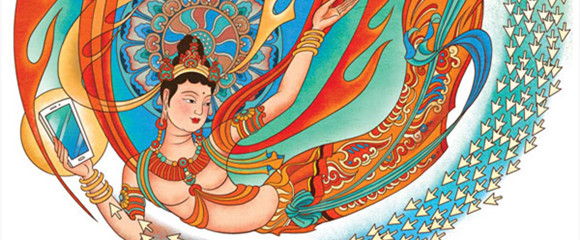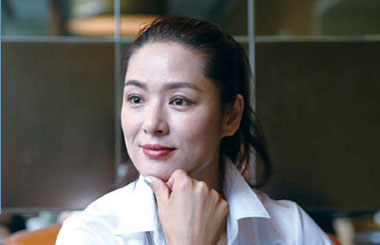World's oldest tea on display in NW China
Updated: 2016-05-16 09:58
(Xinhua)
|
|||||||||
 |
|
World's oldest tea will go on display starting on May 18 at a museum in Hanyang, northwest China's Shaanxi province. [Photo/Xinhua] |
Tea unearthed from the 2,100-year-old tomb of an emperor will be displayed at a museum in northwest China next week.
Zhang Yun, deputy director of the Hanyang Mausoleum Museum in Xi'an, capital of Shaanxi province, said that small bits of the tea, recently recognized by the Guinness World Record as the world's oldest, will be exhibited at the museum starting May 18.
He said the tea was mixed with grains when it was first discovered in 2005 at the Hanyang Mausoleum. The site was the graveyard of Emperor Jing (188-141 BC), also father of Emperor Wu, whose reign ushered in one of the most prosperous periods in Chinese history.
However, it was not until 2015 when archaeologists from the Shaanxi Provincial Archeological Research Institute were able to ascertain the fossilized plant remains were tea. Experts with the Chinese Academy of Sciences used new microfossil plant analysis techniques to examine the samples.
"The analysis results showed that the remains were all dried tea sprouts when they were buried," said Yang Wuzhan, a research fellow with the institute.
It was the first evidence of tea consumed by a Han Dynasty (202 BC-220 AD) emperor, he said, adding that the findings are of great importance to research on the history of Chinese tea culture.
Rowan Simons, attestation officer from the Guinness World Record, on May 6 conferred the certificate to recognize the discovery as the world's oldest tea.
He said it has long been known that China is the home of tea, and the world record gives us a deeper understanding of China.
In ancient China, tea had more and different uses than we have now. It was drunk as a beverage, cooked in meals, and even used as herbal medicine.
Ancient Chinese liked to be buried with their favorite things so they could enjoy them in the next world. Other items found at Emperor Jing's burial site include pottery figurines, an army of ceramic animals and several chariots as well as animal remains, including cows, sheep, dogs, pigs, deer, rabbits and birds.
Related:
Related Stories
Tea festival features good sips and competition 2016-04-28 14:26
The beauty of China’s spring teas 2016-04-23 10:17
Chinese, foreigners pick tea leaves in ancient costumes 2016-04-20 13:51
Tea cultural festival opens in SW China's Guizhou 2016-04-19 10:11
Eat beat 2016-04-19 10:08
Today's Top News
EU lawmakers' rejection of China's MES protectionist
Boris Johnson compares EU to Nazi Germany
China urges EU to honor MES status, despite parliamentary vote
Generation of new imams preach peace
Streaming stars
China vows to step up anti-corruption co-op
Chinese entrants in public speaking contest fight hard
Global anti-corruption summit opens in London
Hot Topics
Lunar probe , China growth forecasts, Emission rules get tougher, China seen through 'colored lens', International board,
Editor's Picks

|

|

|

|

|

|







